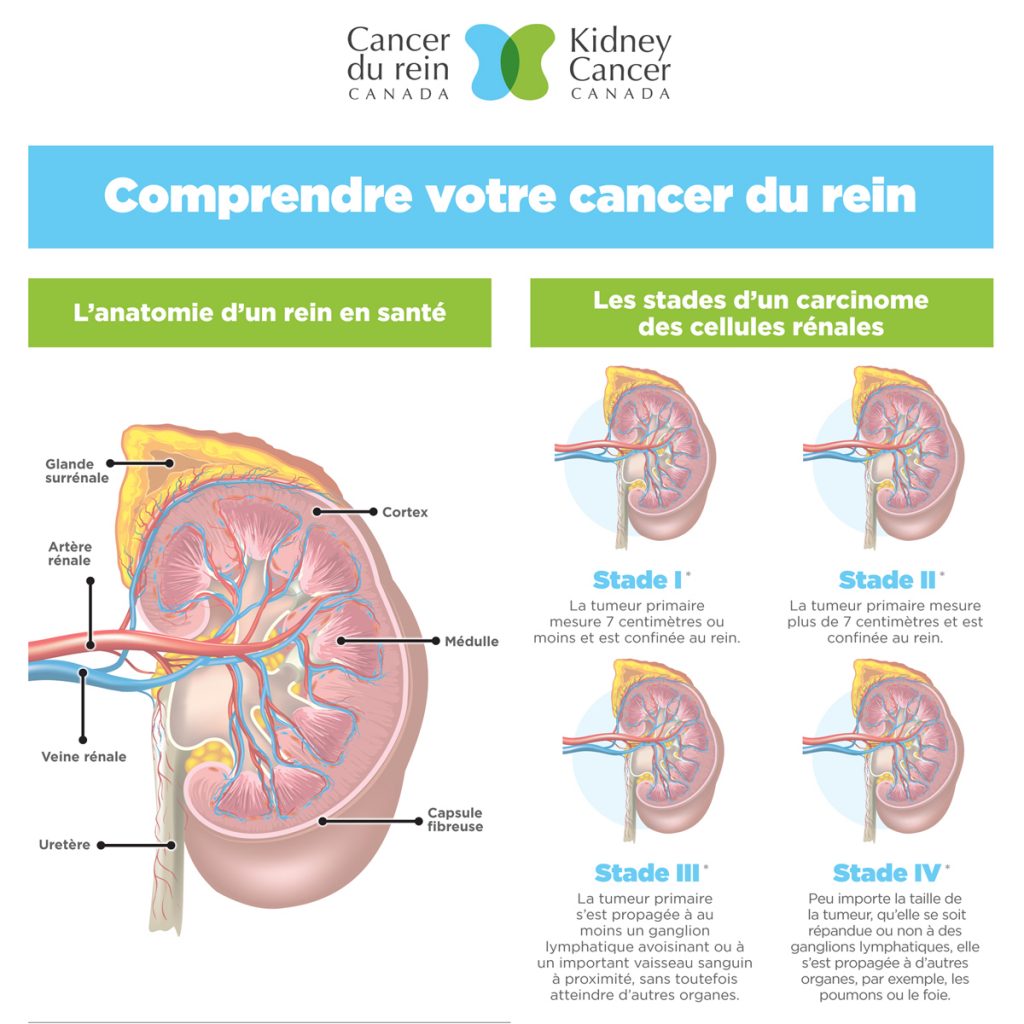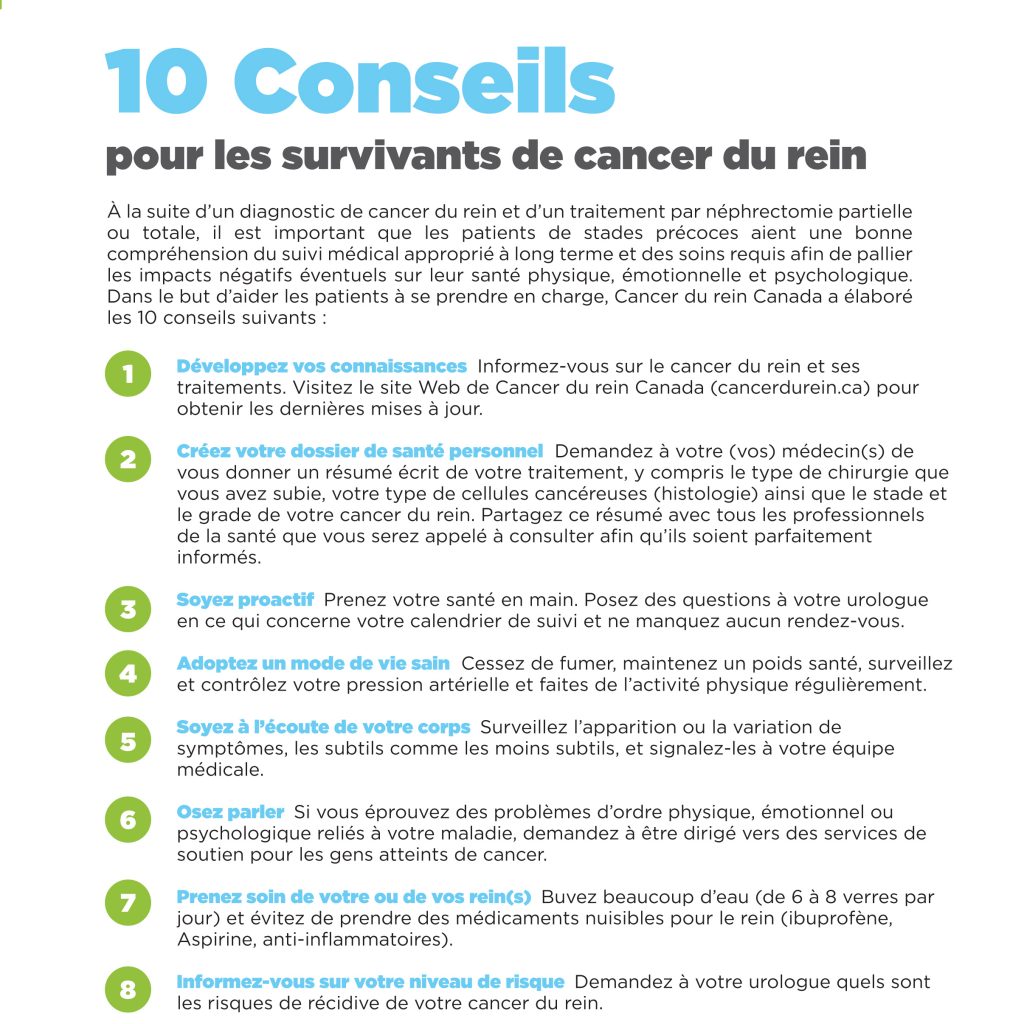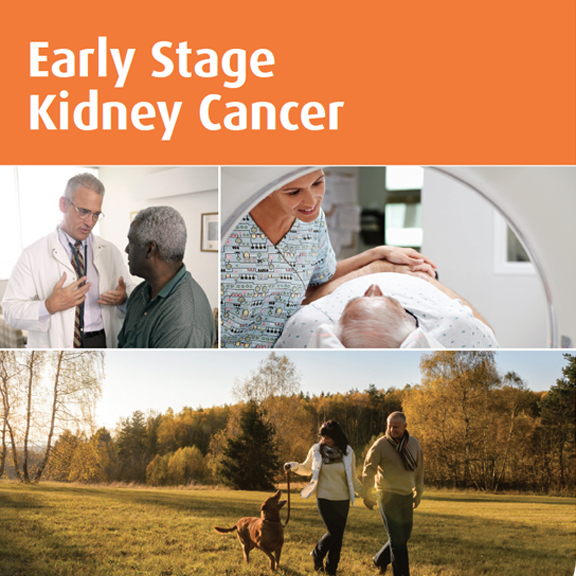A genetic risk assessment is done when a personal or family history suggests that a person has an inherited condition that puts them at an increased risk for kidney cancer. If you have a family history that makes your doctor suspect you have a hereditary condition that may predispose you to kidney cancer, they may refer you for a genetics assessment and genetic counselling. This is often done by healthcare professionals who specialize in genetics, such as a medical doctor (medical geneticist) and a genetic counsellor. They are specially trained to take a detailed personal and family history (called a pedigree). You may have to go back many generations in your family as the genetics professional gets as much information as possible about kidney cancer or inherited conditions related to kidney cancer. You may have a physical examination or lab tests done.
Once they have collected all of the available information, the genetics professional will analyze it to decide if you appear to be at increased risk for kidney cancer, if there may be a hereditary condition in your family that puts you at increased risk and if you or a family member would benefit from genetic testing.
Genetic testing is available for many of the inherited conditions associated with kidney cancer. It usually involves a blood test that is sent to a specialized lab to look for gene mutations. It is important to know that genetic testing is not appropriate for every person with kidney cancer. If the genetics specialists feel that you or your family members are candidates for genetic testing, they will explain all of the implications, including the associated risks, benefits and limitations of genetic testing. You will then be able to make a decision about whether or not to go ahead with testing.
Knowing you have an increased risk of kidney cancer because of an inherited predisposition can help you and your doctor come up an appropriate cancer screening plan. In some cases, it can also help determine the best treatment option.
Genetics clinics in Canada can be found at the Canadian Association of Genetic Counsellors (CAGC) website. Search for clinics near you here,
SECTION REFERENCES:
Canadian Cancer Society. Genetic Risk Assessment. 2016.
Haas NB, Nathanson KL. Hereditary renal cancer syndromes. Advances in Chronic Kidney Disease. 2014; Jan; 21(1):81-90.
Hampel H, Bennett RL, Buchanan A, et al. A practice guideline from the American College of Medical Genetics and Genomics and the National Society of Genetic Counselors: referral indications for cancer predisposition assessment. Genetics in Medicine. 2015; Jan;17(1):70-87.
Lattouf JB, Pautler SE, Reaume MN, Eva ,et al. Structured assessment and followup for patients with hereditary kidney tumour syndromes. Canadian Urological Association Journal. 2016; 10(7-8):E214-22.
National Cancer Institute. Cancer Genetics Risk Assessment and Counseling (PDQ®) – Health Professional Version. Updated: 11/22/2016.
Reaume MN, Graham GE, Tomiak Eva, et al. Canadian guideline on genetic screening for hereditary renal cell cancers. Canadian Urological Association Journal. 2013; 7(9-10):319-323.
U.S. National Library of Medicine. Genetics Home Reference: Your Guide to Understanding Genetic Conditions. Help Me Understand Genetics. Published: 12/1/ 2016.



























































